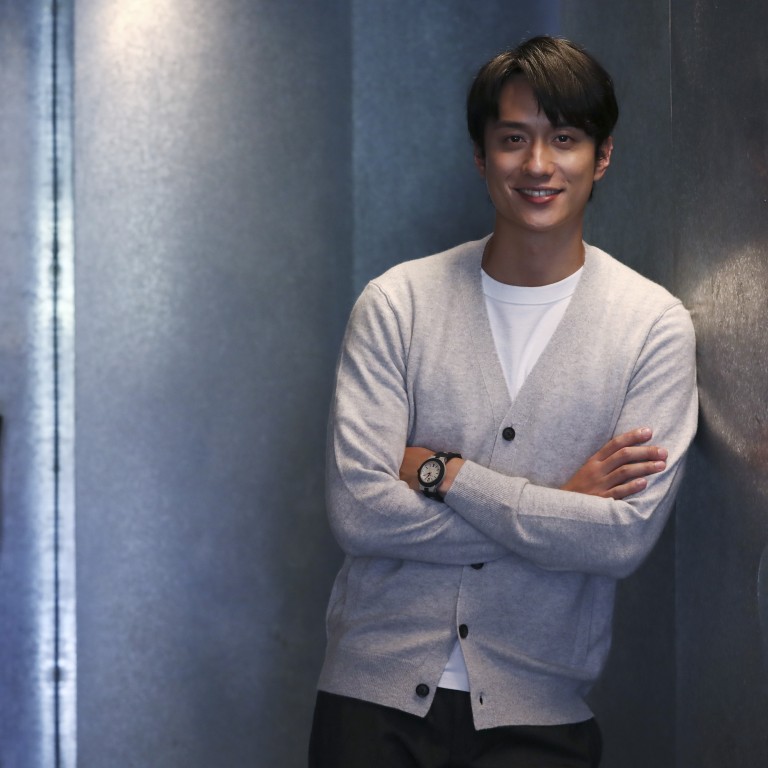Andy Lau and Chow Yun-fat haven’t had any obvious successors, until now? Beyond The Dream’s Terrance Lau Chun-him is theatre-trained and calls Leslie Cheung a role model – interview

He admits a role in the next Crazy Rich Asians film would be great, but the award-winning star of Beyond The Dream says he’s not holding his breath for Hollywood: STYLE caught up with the face of the 2020 Hong Kong Asian Film Festival
Recently, he has been promoting this year’s Hong Kong Asian Film Festival. The official festival ambassador rattles off a long list of films he’s interested in seeing before stressing the importance of events like this. “The theme for this year’s festival, I’m not sure exactly how to translate it, is something like ‘films can heal hearts’,” Lau tells us. “This is the most appealing thing about the event for me. Recently, Hong Kong has witnessed quite a lot of disorder, and people have been feeling down about that. And we don’t know how to solve the problems; we don’t know how to find the exit. But if we try to stay together, cinema can help unite us.”
At 32, it might seem that Lau has taken a long time to punch through. However, he has been active in theatre for many years, honing his craft on stage the way many popular British actors have done over the years. The rarity of actors in Hong Kong crossing from one medium to another is not lost on Lau.
“In Hong Kong there is quite a weird phenomenon”, he explains. “Movies, TV dramas, theatre – they’re all split. Film actors don’t get into theatre, theatre actors don’t go and do films. But when you look at the West, people like Benedict Cumberbatch or Kevin Spacey, it’s very normal for an actor to do all three. I think this situation in Hong Kong is abnormal! For me, I’m just being normal. I want to change people’s minds and show them that an actor can shift.”
Lau’s journey to fame began at the Jockey Club Ti-I College where he mainly practised sports. It was here a friend suggested he turn his attention towards the drama club, telling him, “I think your character suits that”, perhaps referencing the outgoing and warm personality that Lau exudes. After obtaining modest A-Level results, Lau was advised once again to look at acting and studying at the Hong Kong Academy for Performing Arts (HKAPA). “I got in,” he says, “but I didn’t plan things that way.”
Nonetheless, Lau enjoyed acting from the very start, appreciating the freedom it gave him to express himself. He describes attending HKAPA as “like going into the Shaolin monastery” with its repetitious cycle of homework, rehearsals and performances with the same group of people day after day.
When he graduated, Lau was not at all optimistic about the future. For starters, he was and remains very self-critical of his abilities. He wasn’t sure about his job prospects, either. “I was quite pessimistic,” he states. “Most acting pays very little, and I studied in theatre, which is a very small niche in Hong Kong. I’ve always wanted to do something meaningful, but in the arts, those things don’t attract a big audience.”
Lau admits he kept going simply because he knew he had no other options. It was acting or bust. His critical attitude – which seems at odds with his otherwise sunny disposition – extends to the current state of the Hong Kong film industry.